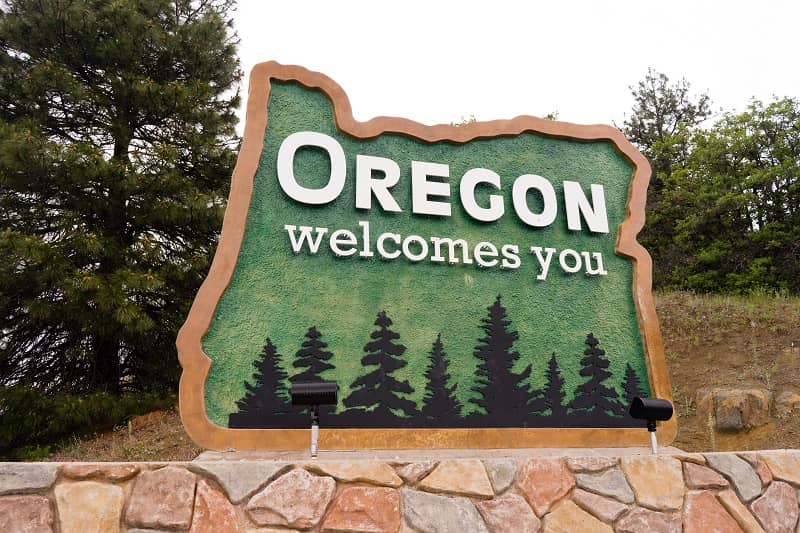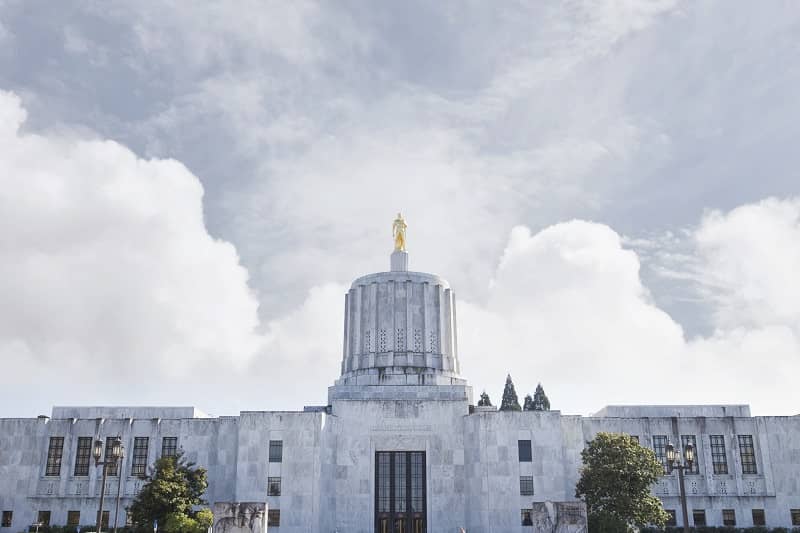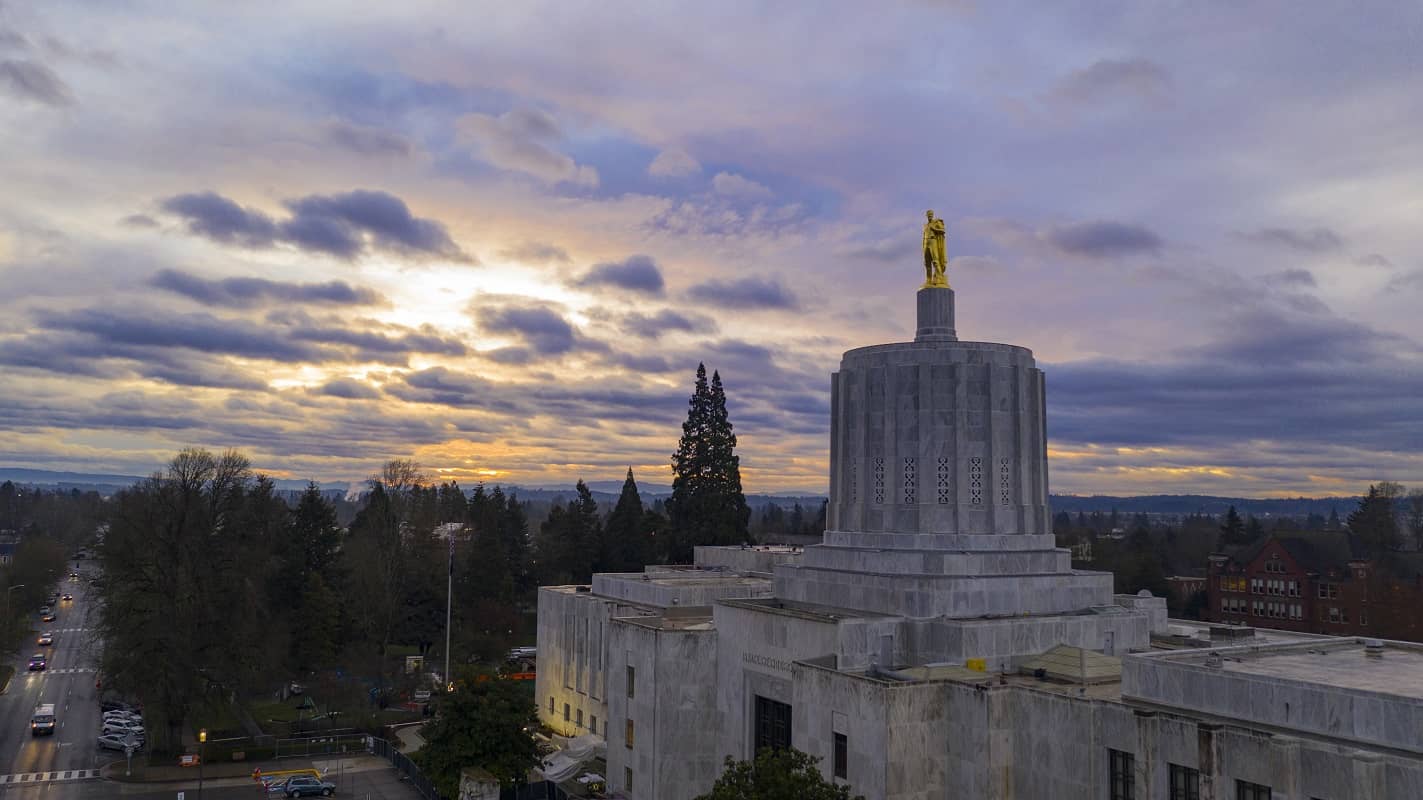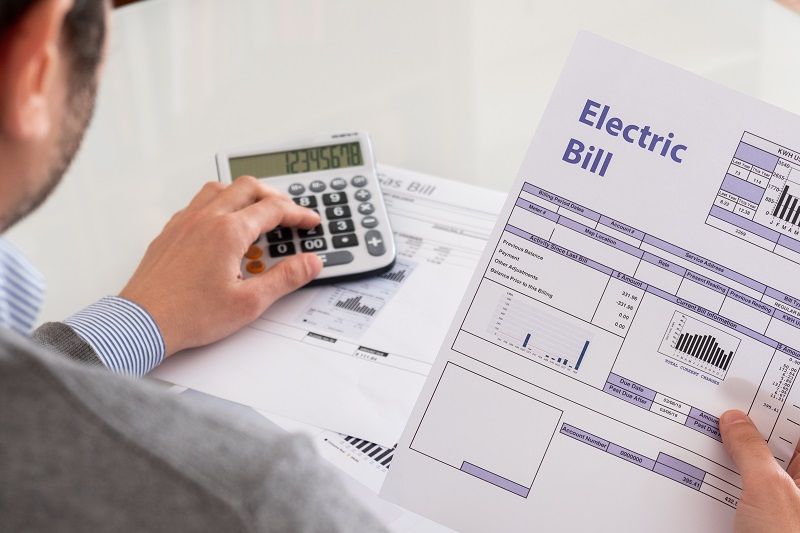Renewable Energy Via Freedom, Not Force
By Todd Wynn
This article was published as a guest column on EarthTechling.com.
Many believe the free market and renewable energy are at odds. Renewable energy advocates proclaim fossil fuels will continue to dominate the energy landscape, even if consumers perceive them to be rife with environmental issues. This belief has driven political leaders to subsidize renewable energy development, mandate utilities to provide renewable energy options, and force citizens to purchase them. The free-market stance looks at the situation differently.
Renewable energy can become a major player in the energy market even without the heavy hand of government. It isn’t a novel approach: Renewable energy should expand according to voluntary consumer demand. In fact, a perfect analogy already exists.
Renewable energy is to the electricity sector as organic foods are to the non-organic food sector. Consumers perceive organic food to be healthier for them and better for the environment, yet it costs more – just as renewable energy does. Yet, organic food and beverage sales continue to grow each year in the United States.
According to the Organic Trade Association, organic food sales reached $24.8 billion in 2009, up 5.1 percent from 2008. This was accomplished without restrictive government mandates or generous corporate handouts. Organic food has done fantastically in the free market, even at a price premium. Consumers value the product and are willing to pay for it.
We have the same choice with the electricity we purchase. Most utilities offer “green power” programs which allow ratepayers to pay voluntarily for renewable energy at the higher cost. This is the free-market approach to financing and expanding renewable energy without forcing unnecessary costs on the entire population. Just as with organic food, customers who value the “product” can purchase it at a premium. Those who don’t value it should not be forced to pay for a minority’s ideology or preferences. In Portland, voluntary green power program participation rates are above 10%. This is higher than the state’s mandated renewable energy goal for 2010.
The free-market path for renewable energy preserves freedom and choice while growing the industry according to real demand. It is expanded without the use of force. It thrives because ratepayers value the environmental benefits that are proclaimed to exist. Ultimately, the renewable energy market should thrive (or not) on its own through voluntary purchases. The free market has worked for organic food; it will work for renewable energy as well.











